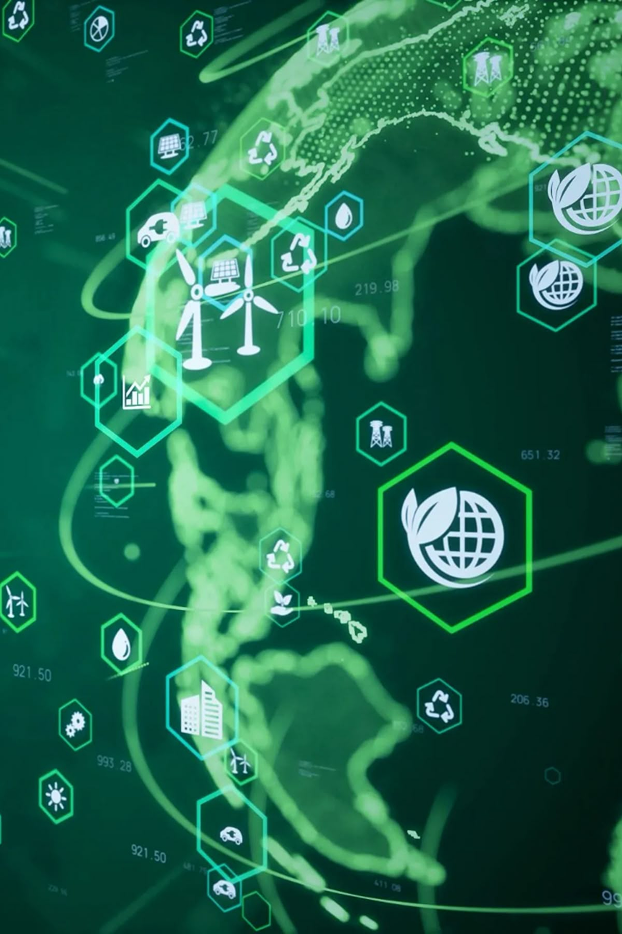
Energy Management Systems (EMS) are intelligent systems used to monitor, control, and optimize energy use in various sectors, from households and buildings to industries and large-scale power grids. EMSs act as control centers that regulate how energy is produced, stored, and used, achieving a balance between efficiency, reliability, and sustainability.
The implementation of an EMS is a vital component of the company's mission to build a clean and sustainable energy ecosystem in Indonesia. The company, which focuses on green energy solutions, can use an EMS to ensure that electricity generated from renewable power plants, such as solar power plants (PLTS) or wind power, is optimally utilized. With an EMS, PT Nirmala Energi Hijau can monitor energy production at all times, store surplus power through Energy Storage Systems (ESS), and regulate when the energy should be distributed to the grid or to consumers as needed.
KEY COMPONENTS OF ENERGY MANAGEMNET SYSTEM

MAIN BENEFITS
The benefits of Energy Management Systems lie in their ability to transform the way energy is used to make it more efficient, measurable, and sustainable. These systems enable companies, industries, and power grids to monitor and control energy consumption in real time, eliminating wasted energy and allocating it to the most pressing needs. These systems can reduce operational costs by optimizing energy usage, for example by utilizing electricity during low-cost hours or balancing usage during peak hours.

Frequently Asked Questions
An Energy Management System (EMS) is a software and hardware-based solution that monitors, controls, and optimizes the use of energy within a building, facility, or industrial operation. Its purpose is to improve efficiency, reduce energy costs, and support sustainability goals.
The main benefits include lowering operational costs, improving energy efficiency, reducing carbon emissions, and providing real-time insights into energy consumption. EMS also helps organizations comply with energy regulations and achieve sustainability certifications.
EMS can be beneficial for households, businesses, factories, and even city infrastructures. For businesses and industries, it ensures cost savings and operational efficiency. For governments and utilities, it supports smarter energy distribution and grid stability.